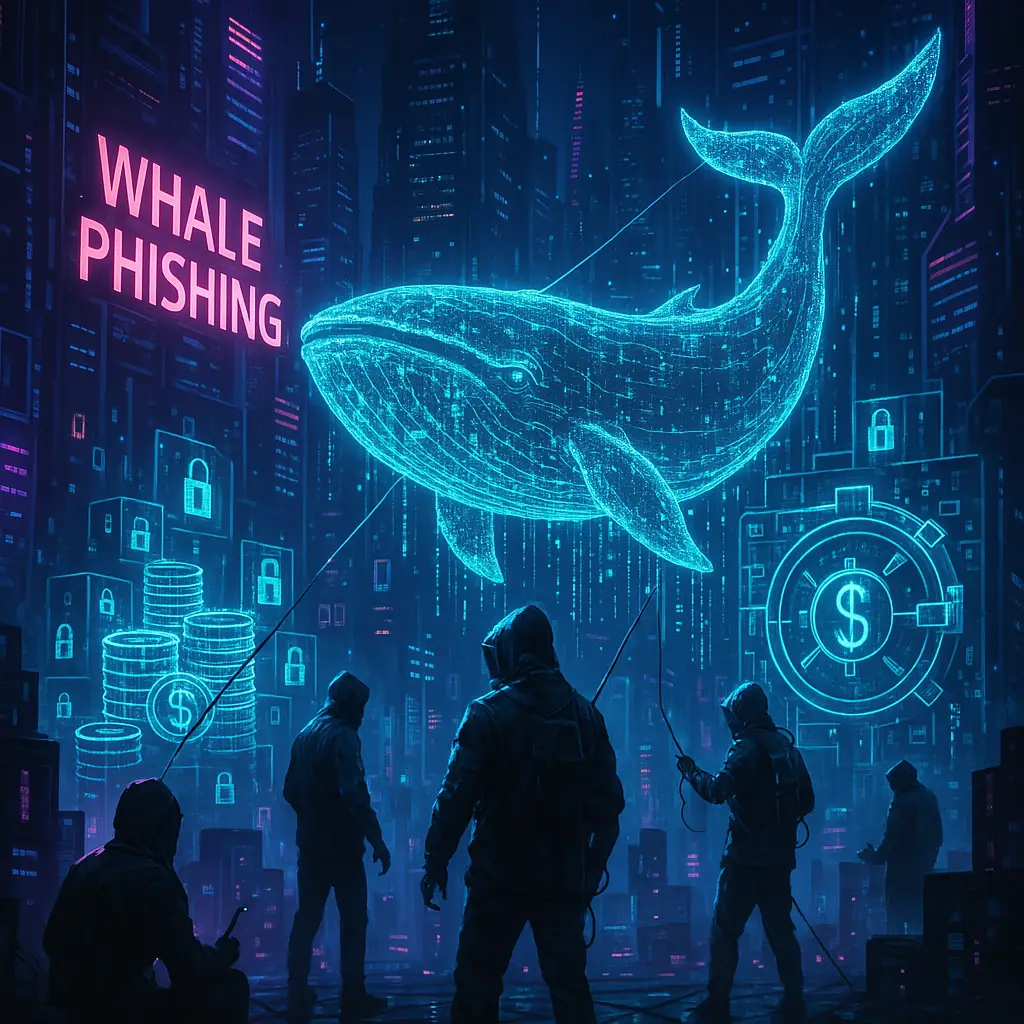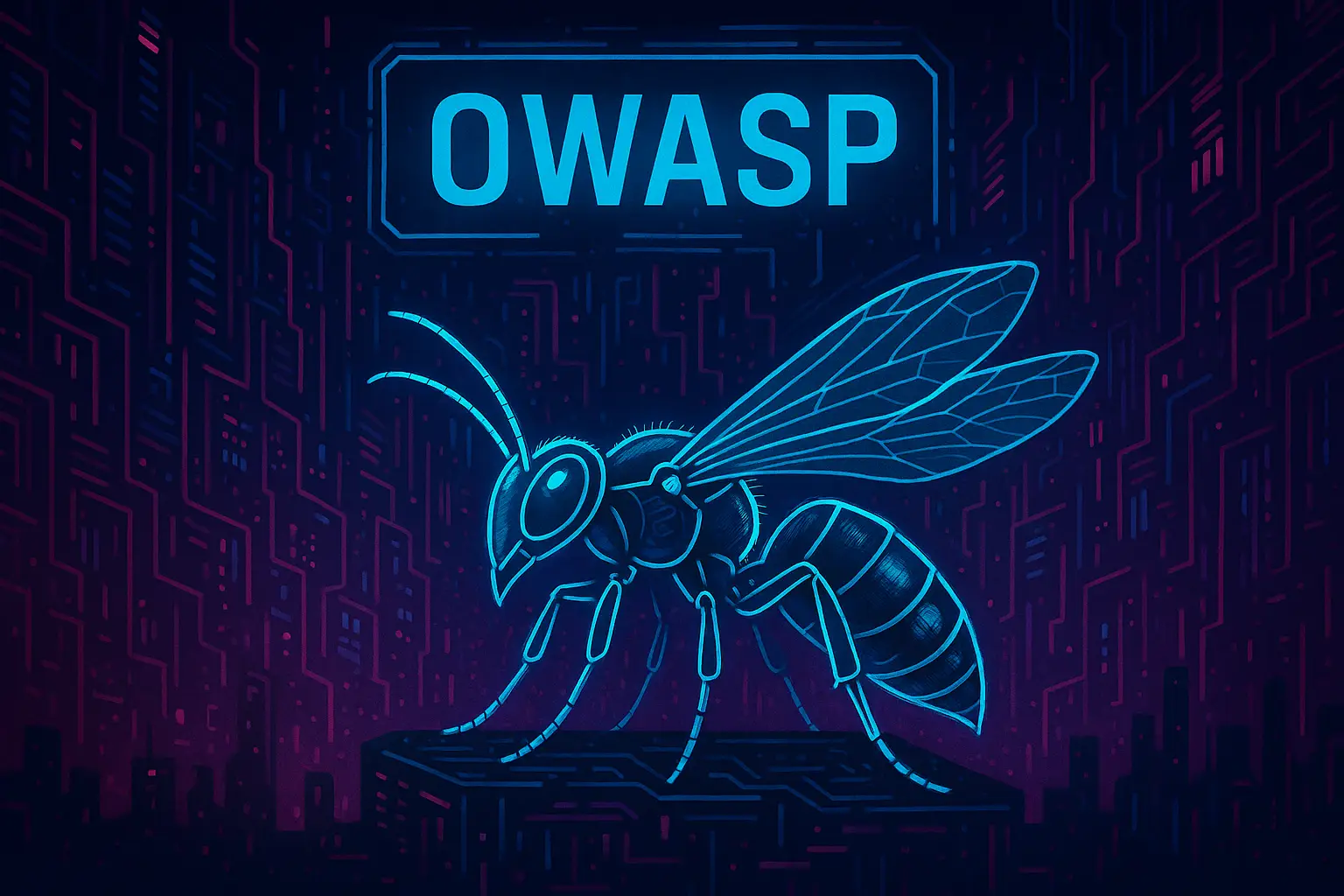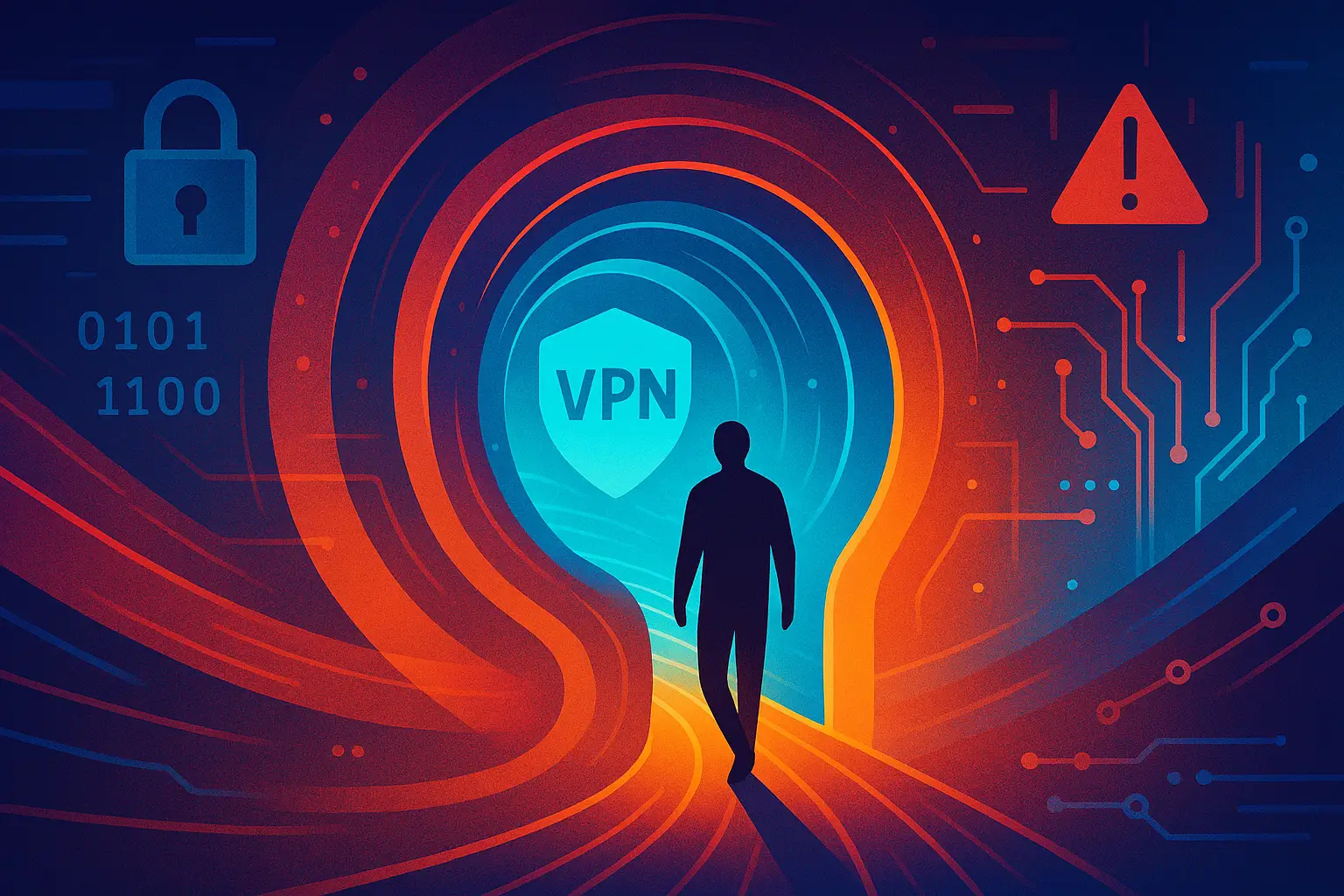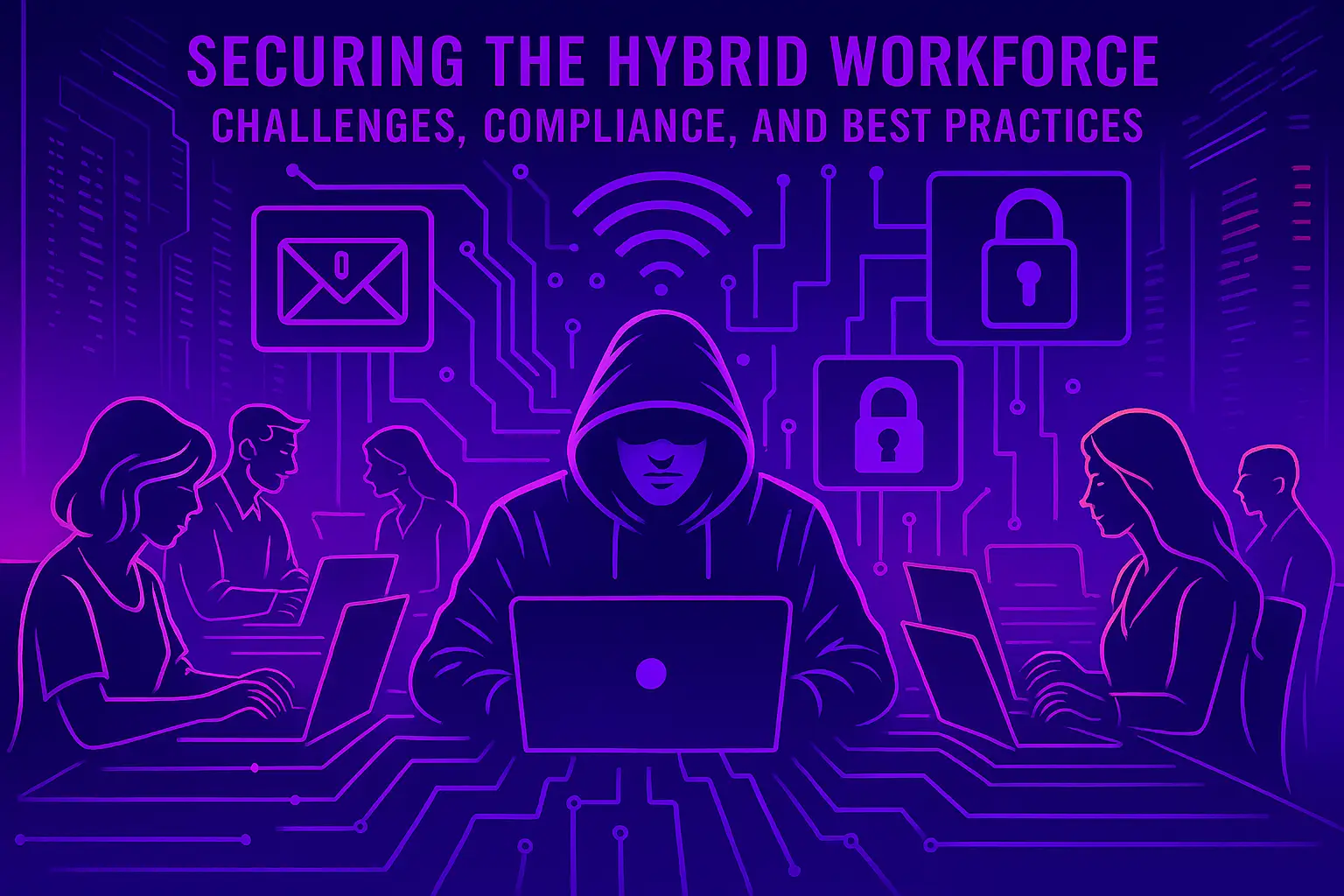Cybercrime continues to evolve, and one of the most dangerous threats to businesses today is whale phishing, also known as whaling attacks. While most people are familiar with phishing emails targeting everyday users, whaling is far more sophisticated and far more damaging. In this article, we’ll break down what whale phishing is, how it differs from regular phishing, who is most vulnerable, and the severe consequences of falling victim to these attacks.
What Is Whale Phishing?
Whale phishing, or whaling, is a type of cyberattack that specifically targets high-level executives such as CEOs, CFOs, and other senior management. These “big fish” have access to sensitive company data, financial accounts, and critical decision-making power, making them prime targets for cyber criminals.
Unlike generic phishing emails, whaling attacks are highly personalized. Hackers often spend weeks or months gathering information about their target to craft a convincing email that looks authentic. The message might appear to come from a trusted partner, a board member, or even another executive within the company.
Whaling vs. Phishing: What’s the Difference?
Both whaling and phishing are forms of social engineering attacks, but there are key differences:
- Phishing: Targets a wide range of people with generic emails designed to trick them into clicking links or revealing information.
- Whaling: Focuses specifically on top-level executives with highly customized emails that appear legitimate and urgent.
In short, all whaling attacks are phishing, but not all phishing attacks are whaling. The high level of personalization is what sets whaling apart.
Who Is Vulnerable to Whaling Attacks?
While the primary targets are C-suite executives, anyone with access to sensitive financial data or company secrets can be vulnerable. This includes:
- CEOs, CFOs, and other executives
- Financial officers and accountants
- IT administrators with access to internal systems
- Executive assistants who manage sensitive correspondence
Small businesses are not immune either. Cybercriminals know that smaller companies often lack robust security protocols, making them easier prey.
What Are the Consequences of a Whaling Attack?
The consequences of a successful whaling attack can be devastating both financially and reputationally:
- Financial Losses: Hackers can gain access to bank accounts or trick executives into authorizing fraudulent wire transfers worth millions.
- Data Breaches: Confidential business plans, customer data, or trade secrets may be exposed.
- Reputational Damage: Losing customer trust and damaging relationships with partners can have long-term consequences.
- Legal and Compliance Issues: Companies may face fines and legal action if sensitive data is compromised.
According to recent cybersecurity reports, whaling attacks have cost businesses billions of dollars worldwide, making them one of the most expensive forms of cybercrime.
How to Prevent Whale Phishing Attacks
- Implement Advanced Email Security: Use AI-driven email filters to detect suspicious messages.
- Train Executives and Staff: Regular cybersecurity awareness training can help detect red flags.
- Verify Requests: Always confirm financial or sensitive requests through a secondary channel.
- Use Multi-Factor Authentication (MFA): Adding an extra layer of security makes it harder for attackers to gain access.
Final Thoughts
Whale phishing is not just another cyber threat. It is a targeted, high-stakes attack that can cripple a business overnight. Understanding the difference between whaling and phishing, knowing who is vulnerable, and implementing strong security practices can significantly reduce your risk.
Protecting your organization starts with awareness. By educating executives and strengthening defenses, you can keep cyber-criminals from reeling in the “big fish.” Contact to let us keep you safe.






